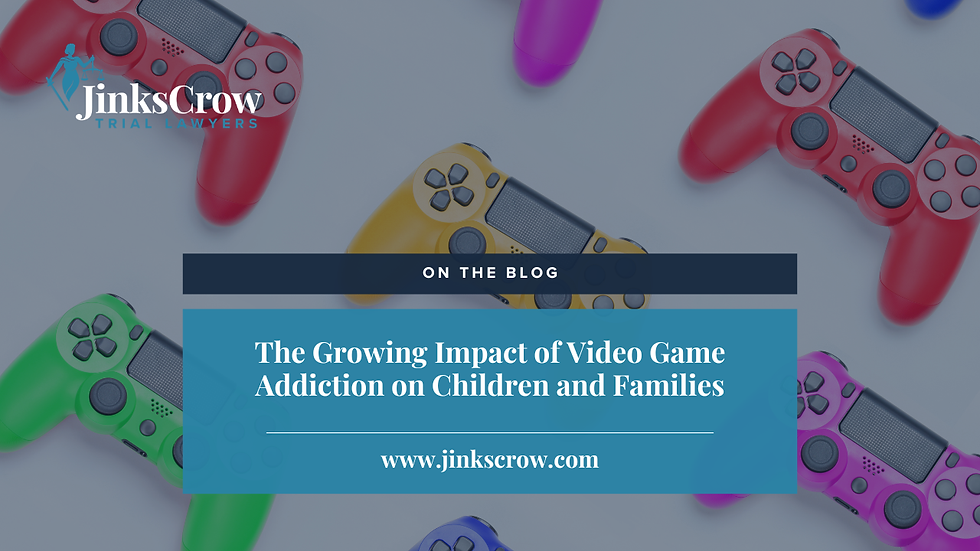Cancer and the Round Up Connection
- Jinks Crow

- Jun 29, 2017
- 2 min read
Cancer kills. In the United States, it is estimated that cancer kills 600,000 adults and 1200 children each and every year. The good news is that cancer deaths are declining. According to the American Cancer Society, the cancer rate for men and women declined 25% from 1991 to 2004. That translates to 2.1 million fewer deaths in this period of time.
While this is great news, the truth is that even fewer people should have died from cancer during this period of time. Roundup, made by Monsanto, has a key ingredient called glyphosate. The International Agency for Research on Cancer has recently announced its determination that glyphosate is “probably carcinogenic to humans”.
California has a law known as Prop 65. This law requires California to mandate manufacturers of any cancer-causing product to label those products as carcinogenic. Based on the findings of the International Agency for Research on Cancer, California is requiring glyphosate manufacturers to label the herbicide as a carcinogen. The question becomes which products would require labels – some worry that Round Up – the most popular product on the market with glyphosates in it – would not be required to carry a label because of its low percentage of glyphosates. California’s current proposal is that products that have the potential to expose consumers to 1.1 milligrams of glyphosates per day would be required to have warnings but there is no guarantee that is what the final regulation will be.
More than 800 cancer victims are currently suing Monsanto, claiming that their non-Hodgkins lymphoma is caused by exposure to glyphosates.
Monsanto claims that glyphosates are not harmful and vows to fight the California decision. After losing at the California Supreme Court, it is not clear where else Monsanto may go for relief from this decision. However, given Monsanto’s power in the marketplace, there is no question that they will continue to fight, whether it is through the courts or through the administrative and legislative process. Internal Monsanto memos have been discovered through the non-Hodgkins lymphoma litigation that says an official with the Environmental Protection Agency (“EPA”) had offered to “kill” a separate investigation into glyphosate. The EPA official that was cited as offering to “kill” the investigation was the former head of the EPA’s Cancer Assessment Review Committee. Needless to say, the EPA official has since retired.
%20Proof%20%235.png)



Comments